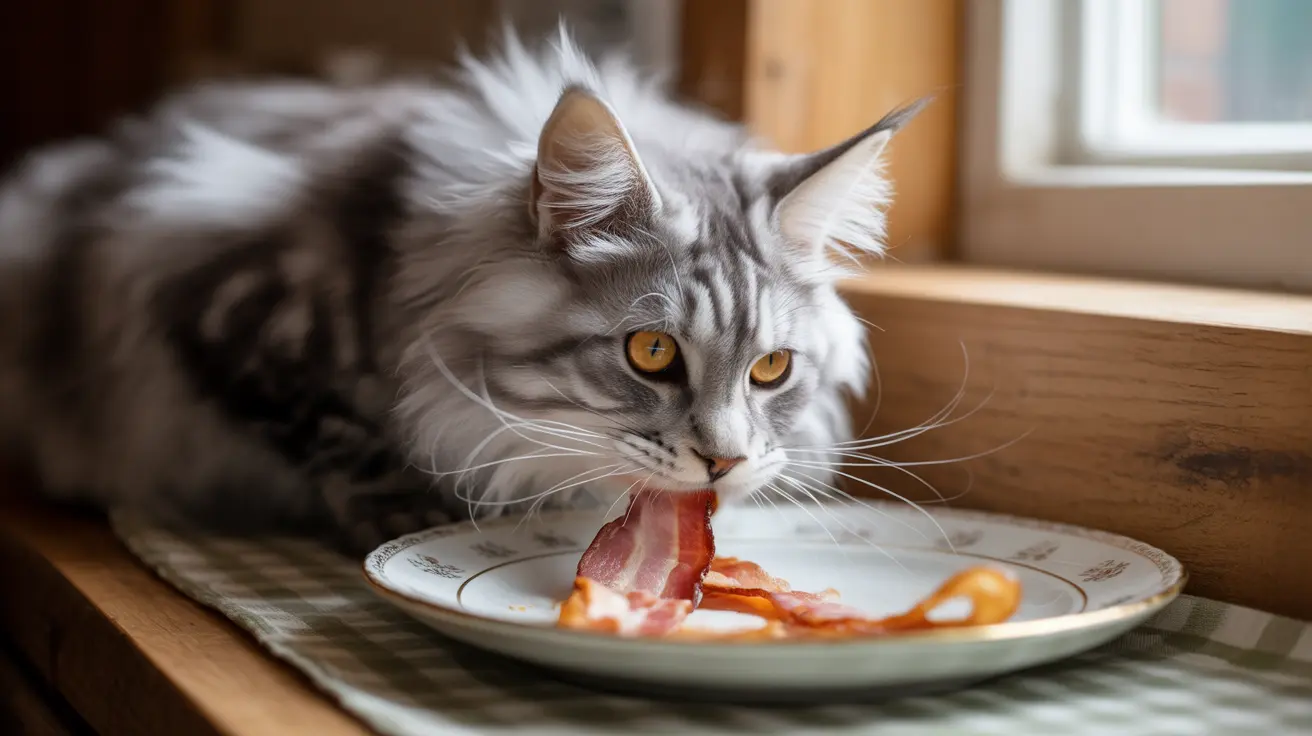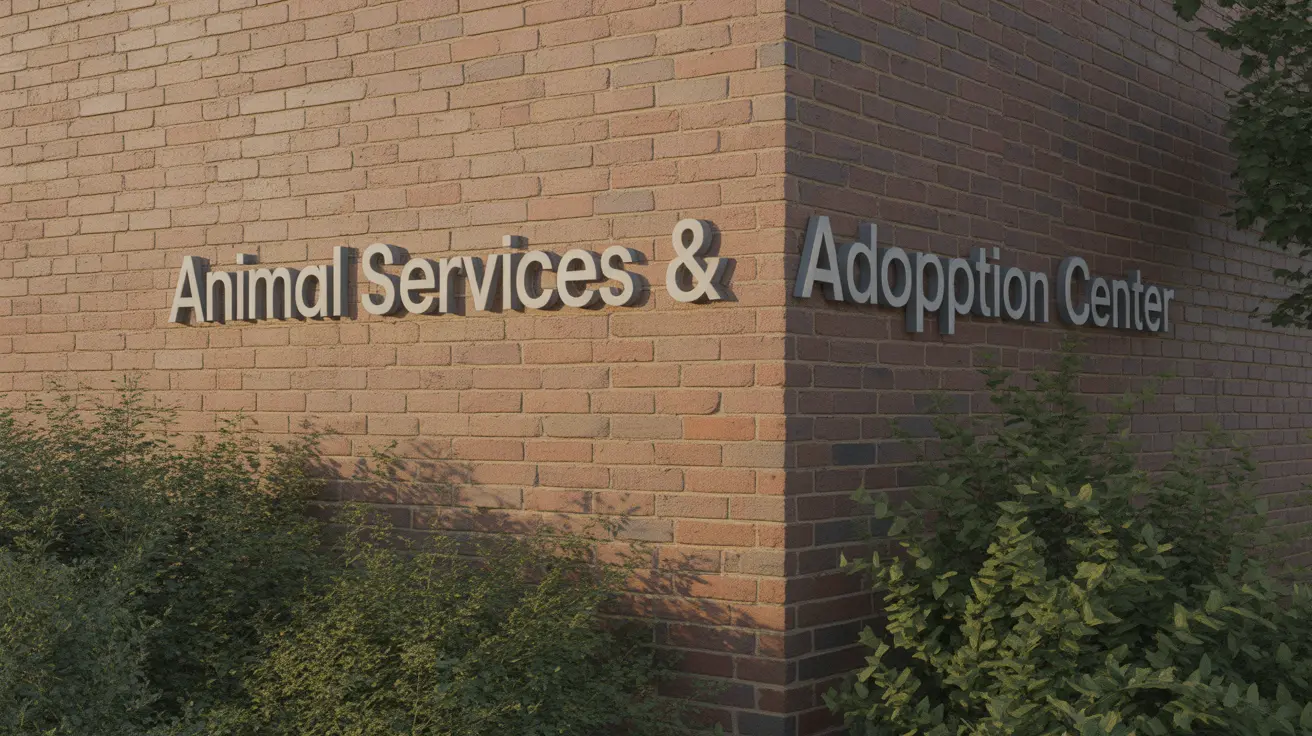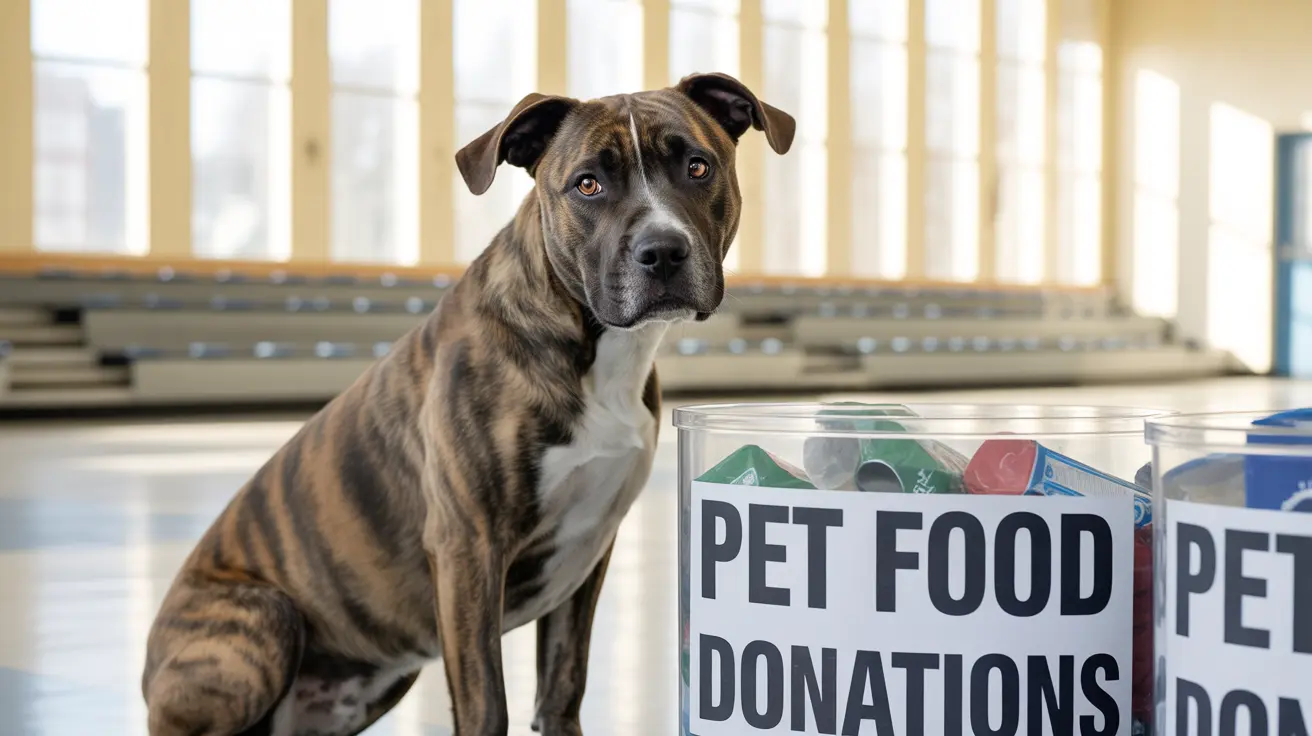Understanding Turkey Bacon and Your Cat's Health
As cat owners, we often wonder about sharing our favorite foods with our feline friends. Turkey bacon might seem like a healthier alternative to regular bacon, but is it actually safe for cats? Let's explore the facts about turkey bacon and your cat's health.
While turkey bacon isn't strictly toxic to cats, veterinary experts strongly advise against feeding it to your feline companion. Despite being made from turkey meat, which can be healthy for cats in its plain form, the processing and additives in turkey bacon create several health concerns.
The Problem with Turkey Bacon for Cats
Turkey bacon undergoes significant processing that makes it fundamentally different from plain turkey meat. The manufacturing process involves grinding turkey meat, adding preservatives, and incorporating high levels of sodium and other seasonings that can be harmful to cats.
Dangerous Components in Turkey Bacon
- Excessive sodium (714mg per 100g serving)
- Preservatives like sodium nitrite
- Added fats and seasonings
- Artificial flavors and coloring
Health Risks of Feeding Turkey Bacon to Cats
Feeding turkey bacon to cats can lead to several serious health issues:
Short-term Risks
- Dehydration from high sodium content
- Digestive upset and vomiting
- Diarrhea and stomach discomfort
- Excessive thirst and urination
Long-term Health Concerns
- Obesity from high fat content
- Kidney problems due to excessive salt
- Heart disease
- Potential preservative toxicity
Safe Turkey Alternatives for Cats
Instead of turkey bacon, consider these healthy options for your cat:
Recommended Turkey Options
- Plain, cooked turkey meat (no seasonings)
- Commercial cat treats containing real turkey
- Veterinary-approved turkey-based cat food
Monitoring Your Cat After Accidental Consumption
If your cat happens to eat turkey bacon, watch for these warning signs:
- Lethargy or unusual behavior
- Excessive thirst
- Vomiting or diarrhea
- Loss of appetite
- Abdominal discomfort
Frequently Asked Questions
Can cats safely eat turkey bacon, or is it harmful to their health?
No, cats should not eat turkey bacon. While not immediately toxic, its high sodium content and preservatives make it harmful to cats' health, especially if consumed regularly.
What are the main health risks of feeding turkey bacon to cats regularly?
The main risks include dehydration, kidney problems, high blood pressure, and digestive issues due to excessive sodium and preservatives. Long-term consumption can lead to obesity and heart problems.
How does turkey bacon compare to plain cooked turkey meat for my cat's diet?
Plain cooked turkey meat is significantly healthier than turkey bacon. It provides protein without the harmful additives, excessive salt, and preservatives found in turkey bacon.
What symptoms should I watch for if my cat eats turkey bacon by accident?
Watch for excessive thirst, vomiting, diarrhea, lethargy, and changes in urination patterns. If these symptoms occur, contact your veterinarian immediately.
What are healthier treat alternatives to turkey bacon for cats?
Healthier alternatives include plain cooked turkey meat, commercial cat treats, and freeze-dried meat treats specifically made for cats. Always choose unseasoned, preservative-free options.
Conclusion
While turkey bacon might be tempting to share with your cat, it's best to stick to veterinary-approved treats and plain, cooked turkey meat instead. The risks associated with turkey bacon's high sodium content and preservatives far outweigh any potential benefits. Keep your feline friend healthy by choosing appropriate, cat-safe alternatives.






